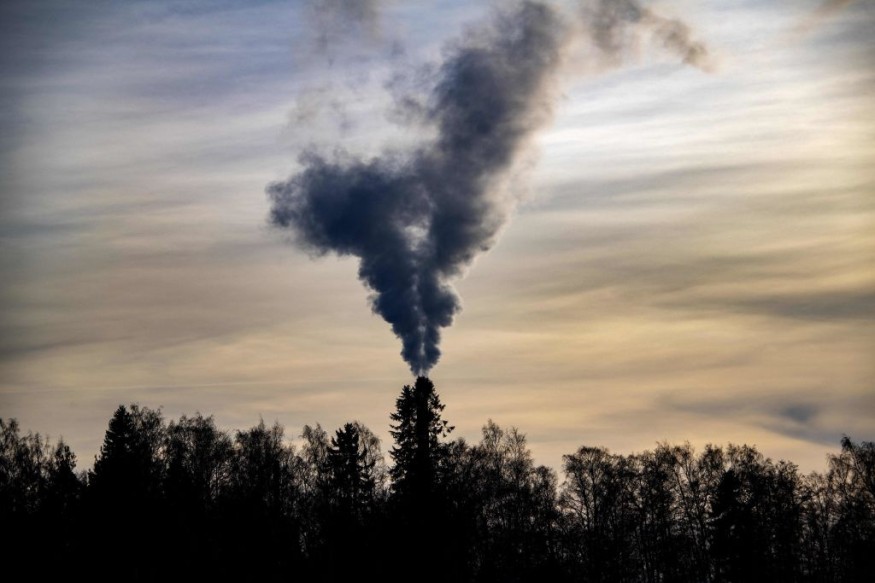Methane emissions have significantly increased worldwide over recent decades as industrial activities continue to supply growing demands.
Methane is a chemical compound and is reportedly one of the primary greenhouse gases that contribute to the climate crisis and global warming.
The United Nations (UN) previously issued a report that member countries of the Paris Agreement were not able to fulfill the global initiative of reducing methane emissions.
In addition, a new study calls for urgent action after concluding policymakers may have underestimated the climatic impact of methane.
Methane and Air Quality

The latest study's approach to methane emissions and their link to government climate policies was published in the journal Environment Science & Policy, where researchers explored the physical and chemical properties of notorious greenhouse gas (GHG) and its impact on climate, ecosystems, and health.
According to the research, these environmental and climatic repercussions are "not adequately treated" under international climate policy or air pollution policy.
Throughout the paper, the scientists have discussed potential opportunities for improving methane governance.
Air Quality Governance
Researchers from Germany highlighted that the concept of carbon dioxide equivalence or "CO2 equivalence" does not entirely capture the detrimental effects of methane.
In particular, the researchers reportedly accused the UN Framework Convention on Climate Change (UNFCCC) of neglecting the impacts of methane on near-term climate, as well as on human health and natural habitats.
In the study, the Germany-based authors placed emphasis that methane's role as a mediator to the tropospheric ozone or ground-level ozone.
With this, the study claimed that such frameworks for air governance are not accurate since they treat the tropospheric ozone as a pollutant, but do not regulate methane itself.
Furthermore, the study urges the UN and world governments under the Paris Agreement to fast-track the mitigation of producing methane, where a high volume is found in atmospheric concentrations in recent years.
The Paris Agreement
Under the Paris Climate Agreement or the Paris Treaty, the so-called CO2 equivalent pertains to the warming effects of greenhouse gases over a 100-year period, as per Phys.org.
This measurement is only one of the key factors in achieving the reduction of burning fossil fuels and greenhouse gas emissions.
This is in line with the agreement's objective to reduce the global temperature to 1.5 degrees Celsius, compared to pre-industrial levels.
Spearheaded by the UNFCCC, the Paris Climate Accord is considered to be a legally binding international treaty to fight climate change since its first adoption in 2015 and went effective in 2016 with 195 signatories, including the United States.
Member countries under the Paris Treaty are required to constantly report to the UNFCC regarding their localized progress with respect to the agreement's imposed measures of the agreement, which range from addressing deforestation and requiring businesses in the energy sector to make adaptive changes.
Moreover, countries' state leaders and their policymakers are still the backbones of how the interpretation and implementation of the Paris Agreement will take shape.
On May 6, an article from the UN Environment Programme (UNEP) suggests global warming may still continue even if human-caused methane is reduced by 45% within this decade, which is far from the agreed threshold by world leaders.
This is based on the Global Methane Assessment launched by UNEP and the Climate & Clean Air Coalition (CCAC).
© 2025 NatureWorldNews.com All rights reserved. Do not reproduce without permission.





